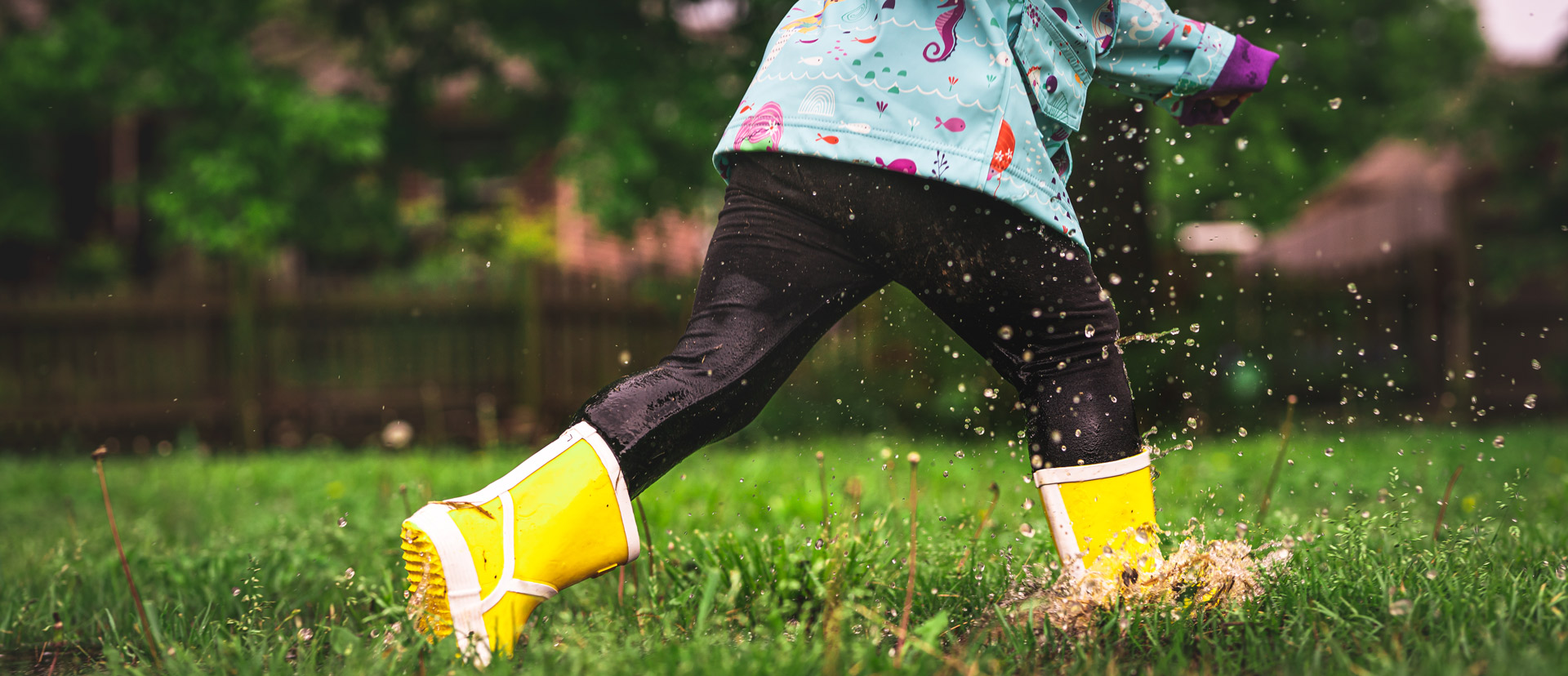I have resolved to always, never make a New Year’s resolution! Resolutions tend to be short-lived commitments that fizzle within a few months (or days in my personal experience!). Instead, the key to lasting lifestyle change is effective habit formation.
Habits are behaviors that become automatic. As humans, we are creatures of habit. Our brain is wired to repeat certain behaviors without having to waste time by consciously deciding to repeat those behaviors. Simply put, habits are efficient. However, the process by which we develop our habits usually occurs unintentionally and subconsciously. Since many of our habits form unintentionally, the process can easily derail into unhealthy, or flat-out bad habits. Therefore, developing positive habits requires us to become intentional in our habit formation.
The first step in intentionally harnessing our habit forming, is to understand the process by which habits develop. Habits form through a combination of simple behavioral components: Cues and rewards that are repeated over time. A cue is something that triggers a response. Cues can be anything; situations, objects, people, feelings, etc., that reminds you of the habit or makes you want to react by implementing the habitual behavior. A reward is any response that is… well, rewarding. For example, stress may serve as a cue that triggers a person to drink, smoke, over-eat, lash out at others, etc., with the reward being the temporary reduction of stress. Then this newly forming habit (in this case cued by stress) gains strength when it is repeated over time. However, research indicates that it can take 18 to 254 days for a behavior to become a positive habit. Some habits are just easier to learn, and some people adapt quicker to changes in routine.
Unfortunately, the rewards for a negative behavior are often inherently stronger than the rewards for a positive behavior thus, ensuring that we do not lose “bad” habits as quickly as we lose “good” habits. Pleasure-based habits, which are enjoyable or soothing, are especially difficult to overcome, or redirect, because of the brain’s chemical response to the pleasurable experience. Unless a negative habit is replaced by a different habit (hopefully a more positive one), the negative habit will likely return. Therefore, consistent implementation of a new, positive, habit is critical for it to become incorporated into your lifestyle.
Discontinuing an undesirable habit or instigating a desirable habit requires us to take control of the cues that prompt us to engage in that behavior. This means we should avoid circumstances that trigger habitual behaviors we are wanting to decrease and seeking out circumstances that trigger behaviors we are wanting to increase. Also, although we are not able to change what our brain determines to be rewarding, we can substitute a more positive habit that provides the same, or a similar reward, such as exercising when we feel stressed out rather than drinking.
Since we know that habits are strengthened when they are repeated, developing a routine of practicing your new habit allows your brain time to acclimate and expect the new behavior. In other words, if you are learning a new coping skill for stress, your brain has to learn over time to turn to the new, positive, habit when cued by stress rather than the old, automatic, negative habits. Afterall, practice makes perfect!
Maintaining your motivation throughout the acquisition process and then repeating the desired behavior until it becomes a strong habit can be tedious and frustrating. Research indicates that a positive social support system can be crucial for staying motivated. Having support from someone who recognizes your efforts and encourages you to keep going can be what makes or breaks your quest. Additionally, the old adage that you become who you are around holds true with habit formation, so seek out people who exhibit the traits you are trying to acquire. In other words, if you are wanting to work out and get into top physical shape, seek out like-minded people. Find a work-out partner. Being around people who value working out, especially if they are a little further along in the habit of doing so, will serve to strengthen your resolve to continue (and make it a little more fun).
Finally, it is wise to work on one habit at a time and be patient with yourself. Expect and plan for setbacks. Start with small steps. Establish short-term goals. Focus on consistency and celebrate small successes. And remember, positive lifestyle change is something that should continue throughout your lifetime, so making small, incremental changes really can pay off in the long run. Just like in the fable about the Tortoise and the Hare, slow and steady really does win the race!
Bart Trentham, PhD


